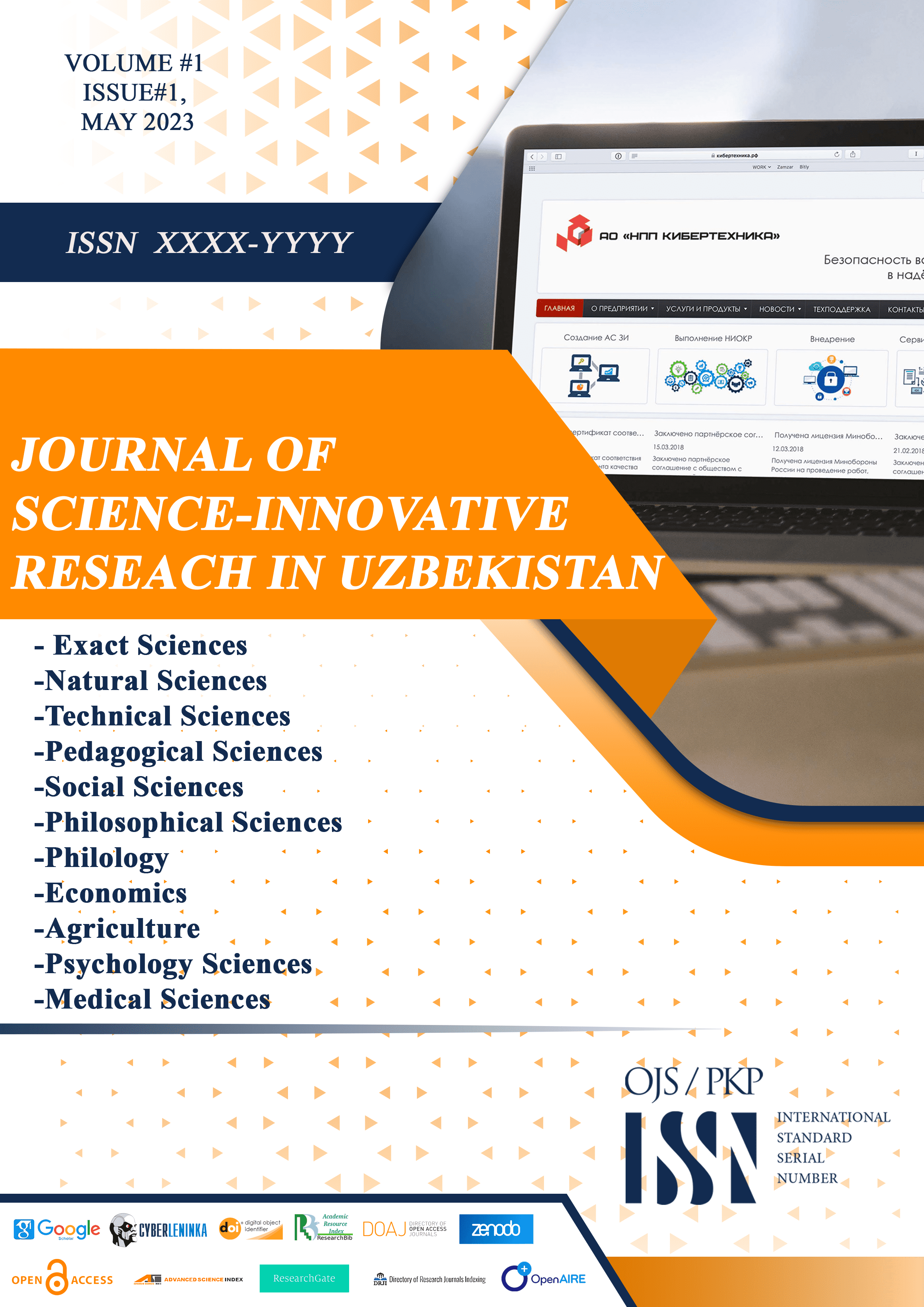Abstract
This article delves into the cultural differences in work-life balance across Western and Eastern countries, as well as Uzbekistan, examining how cultural values, social norms, and economic conditions shape people's approach to balancing work and personal life. In Western countries like the New Zealand and those in Western Europe, there is a strong focus on personal freedom, efficiency, and structured work hours, with an increasing shift towards flexible work options and mental well-being. On the other hand, Eastern countries such as Japan, China, and India often emphasize dedication and long working hours, though there is a growing awareness of the need for rest and balance. Uzbekistan offers a distinctive perspective, combining deep-rooted traditions with evolving modern work practices. Family and community play a central role in shaping work-life balance, while economic progress continues to influence workplace dynamics. Recognizing these cultural differences is crucial for building inclusive, supportive work environments and encouraging global organizational growth.
References
https://irc4hr.org/resources/work-life-balance-the-impact-of-policy-and-practice-on-the-human-resourcefunction(06 March 2025).
Cultural considerations in Uzbekistan Rivermate. Available at: https://www.rivermate.com/guides/uzbekistan/cultural-considerations (06 March 2025).
Le, Huong, et al. “Work–Life Balance in Asia: A Systematic Review.” Human Resource Management Review, vol. 30, no. 4, May 2020, p. 100766, https://doi.org/10.1016/j.hrmr.2020.100766.
Lewis, S., and T. Alexandra Beauregard. “The Meanings of Work-Life Balance: A Cultural Perspective.”
Eprints.bbk.ac.uk, Cambridge University Press, 1 Apr. 2018, eprints.bbk.ac.uk/22644
Paterson, Richard. “From Employment to Employability: Uzbekistan and the Higher Education Skills Agenda.” Silk Road: A Journal of Eurasian Development, vol. 1, no. 1, 2019, pp. 1–22, https://doi.org/10.16997/srjed.2.
Pratt, Kevin. “Worldwide Work-Life Balance Index 2023.” Forbes Advisor UK, 9 Mar. 2023, www.forbes.com/uk/advisor/business/work-life-balance-index/.
“Global HR Solutions for Distributed Teams.” Remote.com, 2024, remote.com/resources/research/global-life-work-balance-index
Ruggeri, Amanda. “Five Countries with the Best Work-Life Balance.” Www.bbc.com, 7 Mar. 2024, www.bbc.com/travel/article/20240307-five-countries-with-the-best-work-life-balance
The GPS. “Work Conditions in Uzbekistan - Global People Strategist.” Global People Strategist, 4 Oct.
2024, globalpeoplestrategist.com/work-conditions-in-Uzbekistan.
Work-life balance in higher education: Comparing European and United States perspectives – global perspectives. Available at: https://webapps.graduateschool.vt.edu/globalperspectives/work-life-balancein-higher-education-comparing-european-and-united-states-perspectives (06 March 2025).

This work is licensed under a Creative Commons Attribution 4.0 International License.

